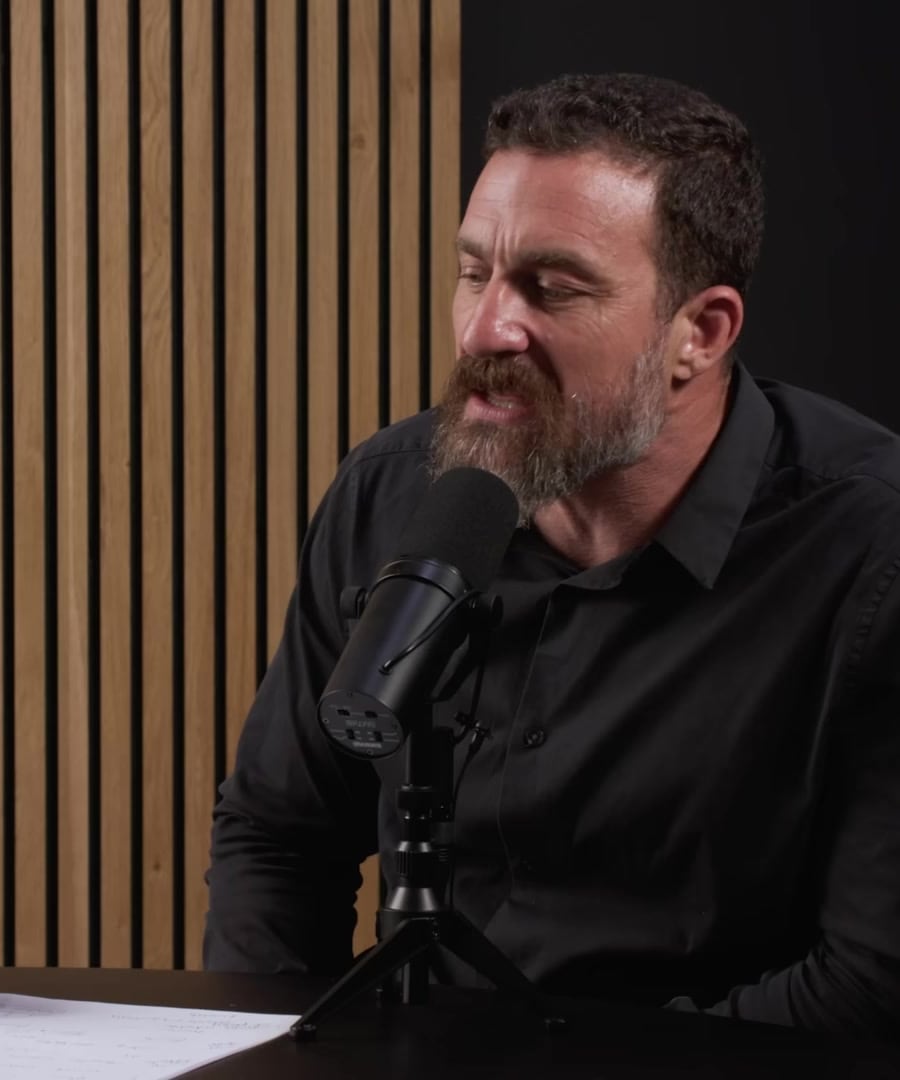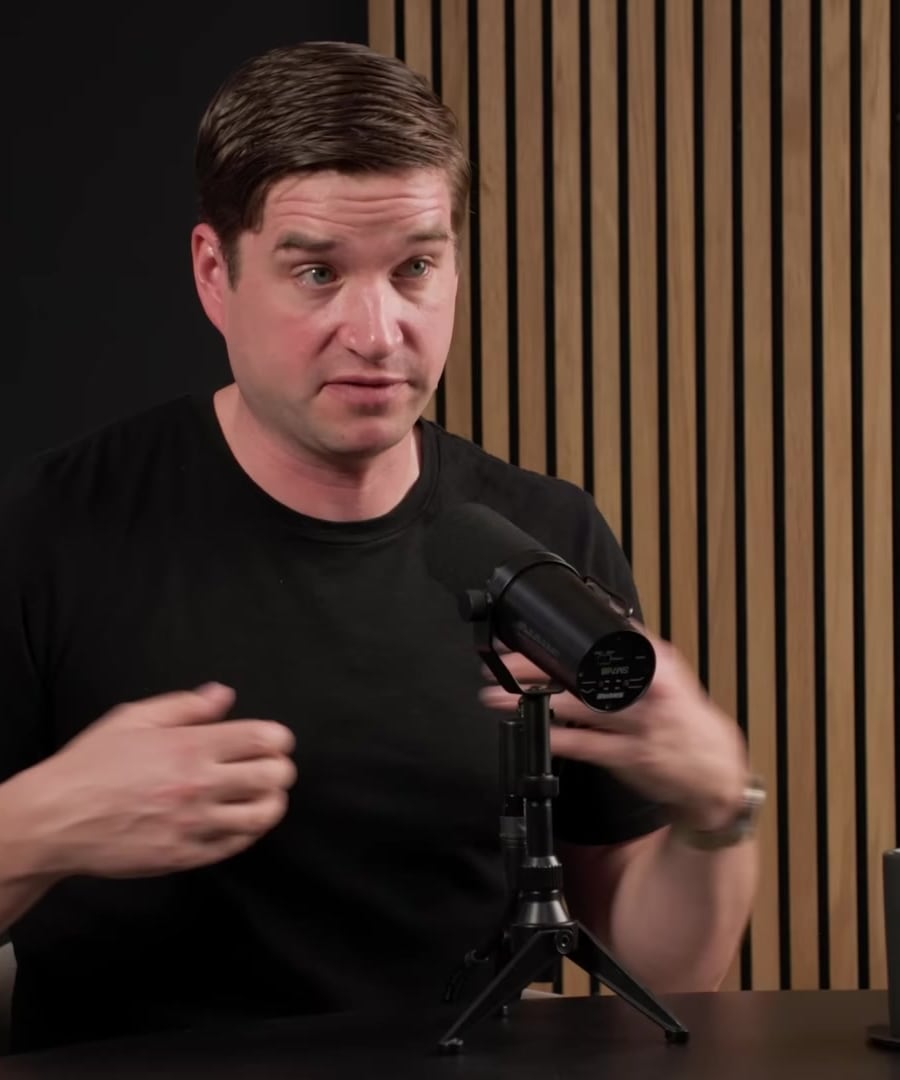Organise day
Sources:
Organizing your day effectively can greatly enhance productivity and well-being. Here are some key insights from on how to structure your day for optimal focus and efficiency:
-
Optimal Focus Times:
- Your level of focus and motivation peaks at three specific times during the day: 30 minutes, 3 hours, and 11 hours after waking up. This is due to circadian shifts in body temperature and neurochemicals like dopamine and serotonin 1.
-
Adapting to Personal Schedules:
- While it's beneficial to schedule tasks around these peak times, it's crucial to adapt to your personal schedule. For example, you might set broader time blocks (e.g., before 9 AM for exercise) rather than specific time slots to accommodate other demands and increase flexibility 1.
-
Carving Out Thinking Time:
- emphasizes carving out at least an hour daily for deep thinking, which can be during quiet moments like kids’ napping time or late at night. Protecting this time from distractions (e.g., no phone) is essential for productivity 2.
-
Distraction-Free Environment:
- Creating a distraction-free environment by using tools like the focus mode on your devices can help maintain productivity and clarity during dedicated work periods 2.
Practical Steps:
- Plan Your Day Around Peak Times: Identify and utilize your natural focus peaks—30 minutes, 3 hours, and 11 hours after waking—for your most demanding tasks.
- Flexible Scheduling: Set broader time blocks for tasks if rigid scheduling doesn't fit your lifestyle. This could mean planning to complete a task in a time range rather than at a specific hour.
- Dedicated Thinking Time: Ensure you carve out undisturbed time each day for deep thinking or important tasks, ideally during naturally quiet periods.
- Minimize Distractions: Use features like focus modes on your devices to block notifications and other distractions during your productive periods.
By implementing these strategies, you can better align your daily activities with your biological rhythms and personal responsibilities, enhancing both productivity and mental clarity.
RELATED QUESTIONS-
Any tips from productivity experts?
Sources:
Here are some productivity tips from experts featured on the :
1. Structuring Your Day
Cal Newport emphasizes the importance of a structured schedule. Fix your work hours and stick to them without exceptions. This constraint forces you to innovate and optimize your time 1.
2. Integrating Exercise
- Newport integrates exercise into his routine to serve as a psychological transition from work to family time. This not only ensures better cognitive function but also enforces a finish line for the workday 1.
- supports alternating between sitting and standing during work hours to enhance productivity and maintain alertness. Aim to stand for about half of your work time 2.
3. Deep Work Strategies
Newport suggests simulating a pull system for workload management:
- Keep an active list of two or three tasks and put all other tasks in a queue.
- Focus on completing these tasks before pulling new ones from the queue.
- This reduces administrative overhead and distractions, allowing for deeper focus 3.
4. Embracing Slow Productivity
Newport advocates for "slow productivity," which involves:
- Taking a long-term approach to goals rather than emphasizing daily outputs.
- Prioritizing deep, quality work sessions over trying to accomplish everything in one day.
- This method is beneficial, especially if faced with challenges like insomnia, as it reduces stress and the reliance on high-stakes productivity 1 4.
5. Avoiding Pseudo Productivity
Beware of conflating busyness with productivity. The rise of technology, like email and Slack, has led to a culture of pseudo productivity where visible effort is mistaken for meaningful output. Aim to minimize such distractions and focus on true productive tasks 5.
6. Cognitive Revolution
Understanding and optimizing brain function is crucial. This could lead to significant advancements in productivity and well-being. Encourage cultural shifts in work habits to prioritize mental health and productive output 6.
By implementing these insights, you can better manage your workload, minimize distractions, and enhance your overall productivity and well-being.
RELATED QUESTIONSCan you share more productivity tactics?
Sources:
Sure, here are more productivity tactics shared by experts on the :
Tackling Pseudo Productivity
- Cal Newport describes pseudo productivity as the phenomenon where visible activity is mistaken for useful effort. This culture, fueled by technology like email and Slack, causes individuals to constantly demonstrate work without necessarily producing meaningful output. To combat this, it's crucial to recognize and minimize distractions from such technologies and focus on truly productive tasks 1.
Leveraging Technology Wisely
- Newport suggests managing technology usage, such as email and Slack, to prevent constant interruption and ineffective busywork. Identifying and reducing unnecessary digital noise can help maintain focus on impactful work 1.
Social Media Detox
- shares that his team experimented with removing social media from their phones, except for one person responsible for posting weekly announcements. This break from social media initially felt challenging but ultimately led to better focus and productivity. Returning to social media revealed the extent of friction it introduced into their routines, emphasizing the value of minimizing social media use for improved productivity 1.
Revisiting Productivity Strategies
- Newport highlights the shift in productivity approaches over decades. In the early '90s, productivity was about self-actualization and choosing meaningful activities. However, by the early 2000s, the focus shifted to managing overwhelming tasks due to the information technology revolution. Revisiting and adapting these prior methods to fit current work contexts can also help manage modern productivity challenges 1.
Applying these tactics can help you steer away from pseudo productivity, better manage technology's role in your work, and focus on meaningful, impactful tasks.
RELATED QUESTIONS
Organise day
- RELATED QUESTIONS
Any tips from productivity experts?
- RELATED QUESTIONS
Can you share more productivity tactics?
- RELATED QUESTIONS







